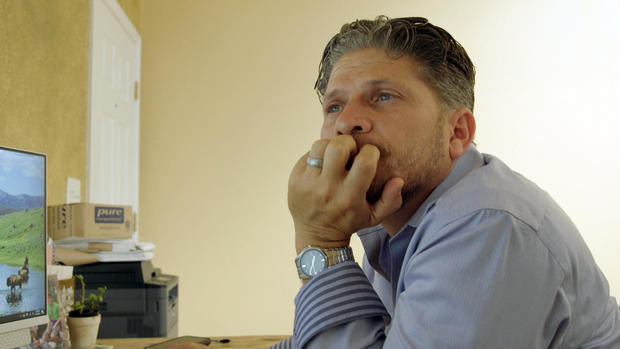What has the impact of “cancel culture” been on the world, us or locally?
Needs to be at least 3 pages long in APA format. Incorporate short quotes from your source (s). These should be cited using both in-text citations and works cited entry on your works cited page (a separate page at the end of your document) – quotes should contain quotation marks before and after the quoted material
In this politically divided and social-media-driven age, “cancel culture” has touched nearly every part of American public life. Politicians, celebrities, CEOs, athletes, media executives — even knitting influencers have experienced getting “canceled.” Here are the stories of three everyday people who ended up on one side or the other of a “cancel” controversy.
Adam Smith

It was 2012. Chick-fil-A’s president at the time, Dan Cathy, spoke out against gay marriage and a fierce backlash ensued. Arkansas Governor Mike Huckabee called for a Chick fil-A Appreciation Day because he was “incensed at the vitriolic assaults” against the fast-food chain after Cathy’s remarks. As supporters lined up to order from Chick-fil-A in a show of solidarity with Cathy, protesters decided to do the opposite — order nothing but free cups of water and voice their disagreement to the employees.
In Tucson, Arizona, Adam Smith decided to order a free cup of water himself. Smith, a successful young business executive, had recently witnessed the struggle his brother-in-law experienced coming out. He felt righteous joining in on the protest, and he decided to film the whole exchange and post it to YouTube. In the video, Smith is seen telling the drive-thru attendant, “I don’t know how you live with yourself and work here. I don’t understand it. This is a horrible corporation with horrible values.”
“It was my first protest. I thought it was benign. I thought it was really safe to put it on video as opposed to going out into protesting and getting into big crowds,” Smith told CBSN Originals. “Certainly, I didn’t think about any consequences that it might have.”
After uploading the video to YouTube, it went viral overnight. His employer received bomb and death threats and fired Smith for posting it. Smith was “canceled” before that terminology existed.
“As soon as I was fired, I lost the million dollars of stock that I was awarded. I obviously stopped getting a salary. I couldn’t make my mortgage payment at that point. My wife and I decided that it was time to move out of the house and let it go,” Smith recalled. “We had some 401(k) money for retirement that we were going to have to use and we started using that.”
A few months after he was fired, he landed another job — but lost it as soon as the company became aware of the video. A third job offer was rescinded despite Smith disclosing the video up front. A fourth job offer was lost in a similar way.
“It was a year after the Chick-fil-A video and [I had] been canceled or publicly shamed, and I still couldn’t get a job. My money was running out … I tried to figure out, how am I going to come back here?’” said Smith. He began to lose all hope.
“I looked at my life insurance policy. It was a million-dollar life insurance policy. It had no exclusions for suicide and I started contemplating that for a few weeks. Then, even started to have exactly where and how I was going to do it, to try to make it look like an accident. Try to make it look like an accident so my children wouldn’t have that shame, but at least they’d have the money back and take me — the failure, the mistake — out of the equation.”
About two years after Smith’s video went viral, his family qualified for food stamps. About six months later, he had his first television appearance talking about his experience, and things started to turn around. Within a week he received a job offer and is now a CFO at a software company. Despite all that he’s been through, he feels like the experience changed him for the better.
“I became much more sensitive towards being kind to others and realizing the impact that it could have on the person receiving it, but also the person who’s giving it,” he explained. But he still views cancel culture as unproductive.
“Overall, I see the cancel culture, the public shaming, as a negative symptom of where we’re at and how we engage with each other. There are much kinder, calmer, more humane ways to get people to see what their actions are and how they’re impacting others. It takes more time. It’s more deliberate. It’s much easier to just click and shame and cancel someone. I don’t subscribe and support the shaming or the canceling of people at all. I think there are much, much more effective human ways to create change.”

